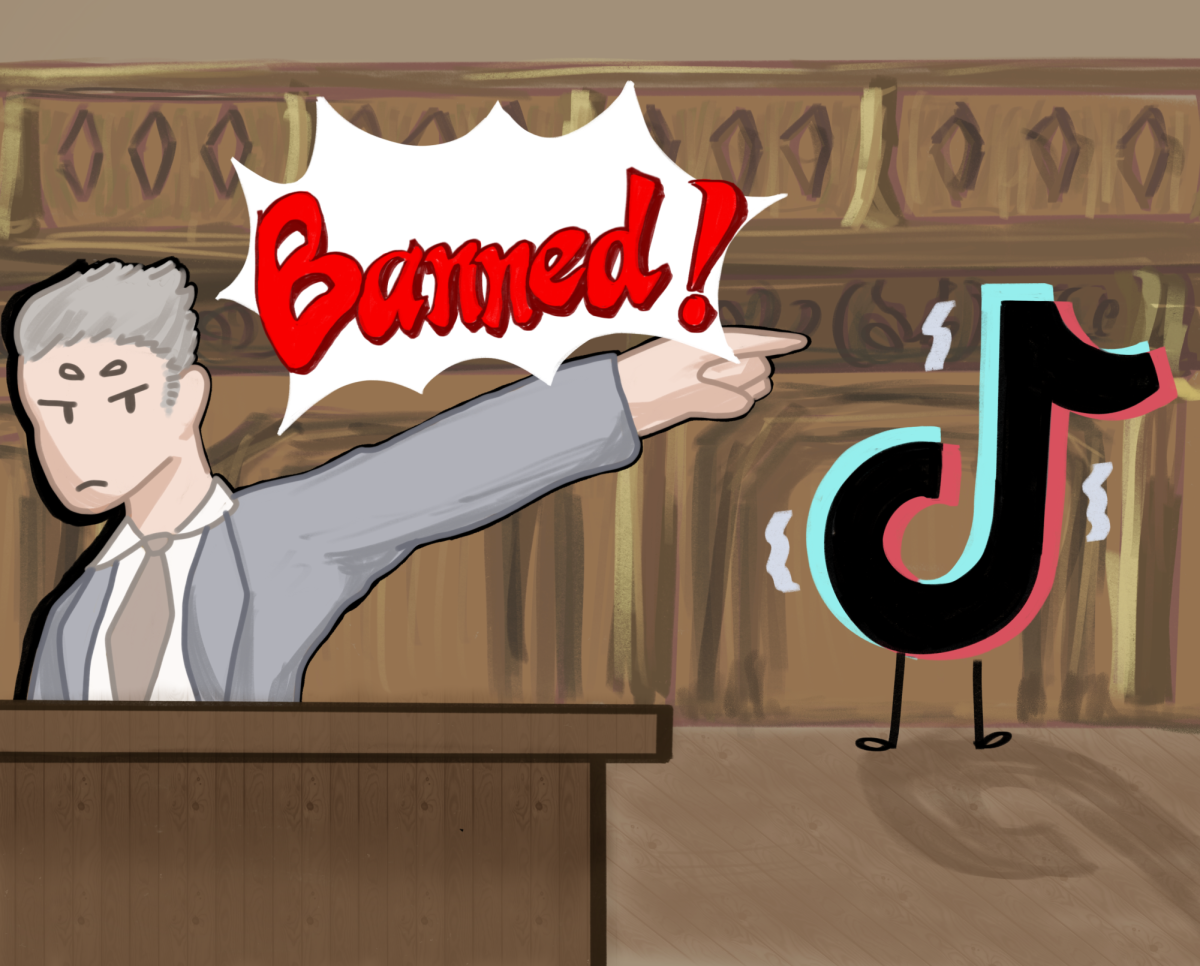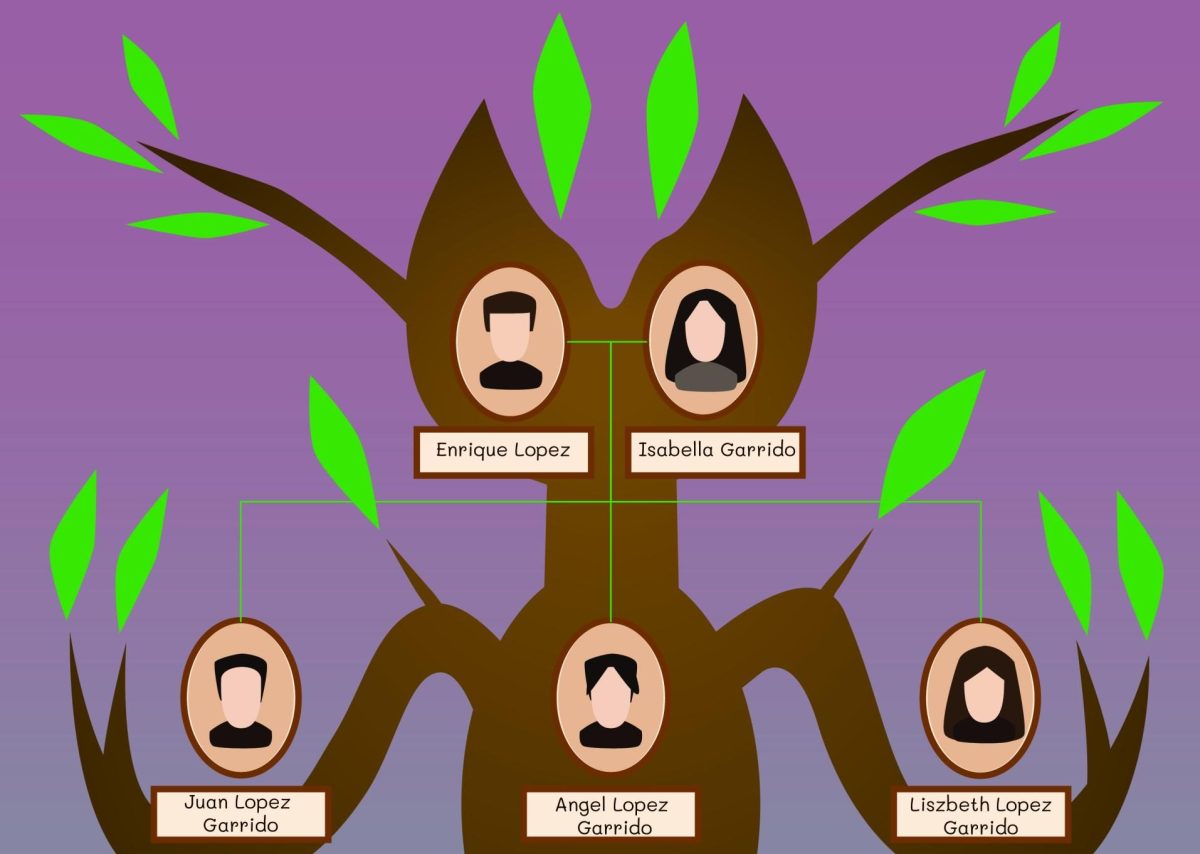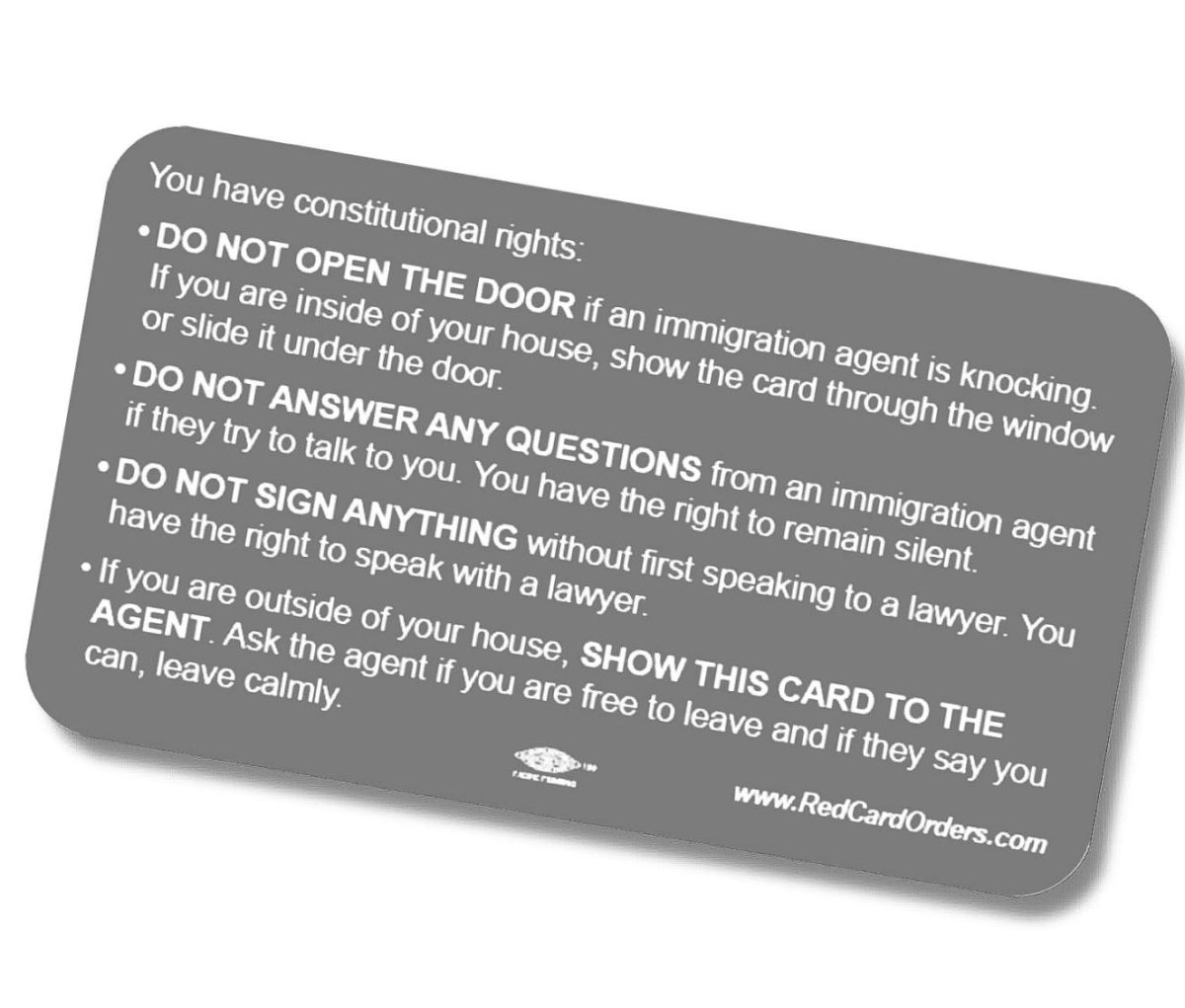On March 13, H.R. 7521, a bill forcing TikTok to split from its parent company or face a national ban, passed the House of Representatives in a landslide vote.
The House passed a 352-65 majority vote in favor of the ban. According to the popular consensus of lawmakers, the allegations of TikTok as a Chinese-owned platform is a national security risk for Chinese propaganda on Americans.
TikTok is a popular short-form video platform amongst young adults and, according to Pew Research Center statistics in 2023, more than half of young adults who use TikTok make content on the platform. TikTok’s chief executive Shou Zi Chew refused censorship of ideas on the principle of the First Amendment in a five-hour interview with US lawmakers.
“[TikTok is] free from any manipulation from any government.” However, the parent company, ByteDance, is still based in China and is required to hand over access data to Chinese government officials upon request.
Government manipulation has occurred in the form of spying on U.S. journalists, according to Forbes. Three Forbes journalists were spied on without their consent. These allegations were confirmed by a TikTok representative in a later interview, which confessed to using user data.
“Like most companies our size, we have an internal audit function responsible for objectively auditing and evaluating the company, and our employees’ adherence to our codes of conduct,” ByteDance spokesperson Jennifer Banks said.
Occurrences such as these have led U.S. lawmakers to take a hard stance against TikTok.
“To the American people watching today, hear this: TikTok is a weapon by the Chinese Communist Party to spy on you and manipulate what you see and exploit for future generations,” House Committee Chairmen Cathay McMorris Rodgers said in a statement published by NPR.
Scrutiny of the TikTok bill has surfaced in light of the attempted ban. According to ABC News: “The data TikTok collects is similar to what Facebook, Instagram, X, and other social media companies gather. They all sell that data to third parties.”
In addition, a confession from former TikTok CEO Rubo Liang in an internal email to Forbes has also been made. Lastly, the First Amendment does not allow for censorship in just-in-case circumstances and fear TikTok is just the tip of the iceberg.
“What has flown somewhat under the radar is that the bill could sweep beyond TikTok to other social media platforms and, indeed, possibly to news websites,” read a statement posted by the Reporters Committee. “Namely, national security authorities are a poor fit when the target is the flow of information. Congress may have ample authority to block a company in the U.S. from buying Soviet steel, but journalists, researchers and others in the U.S. have good reasons for reading Pravda.” Pravda is a Russian newspaper, and was the official newspaper of the country’s Communist Party.
A new plan by TikTok called Project Texas aims to address national security concerns by adding additional oversight and creating a U.S. version of the app. The project has cost $1.5 billion but overall does not change the core issues and maintains Chinese access to user data through third party access. In addition, its algorithm will continue to feed content based on user preference.
The reaction to the ban has leaned for it with half of Americans support whilst over a fifth are against the ban, according to Pew Research Center statistics on March 31.








